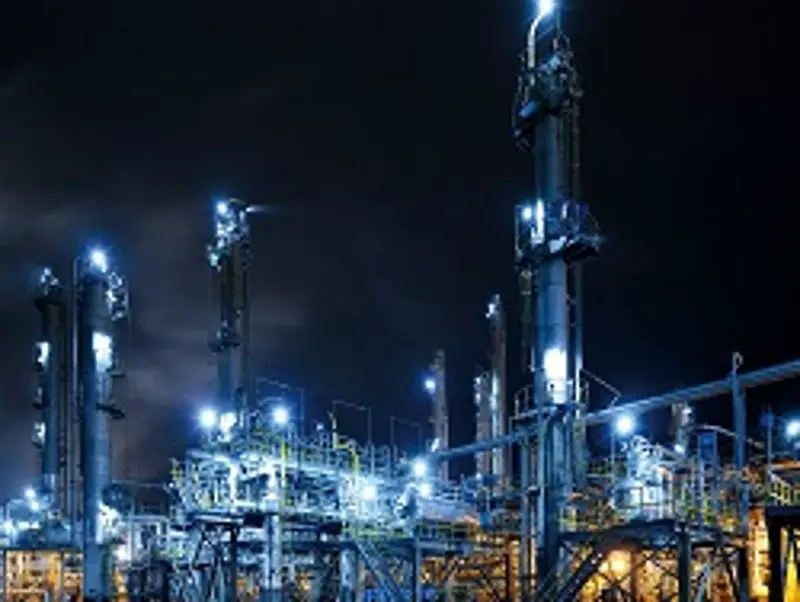The construction works on the proposed hydrocracking complex for Assiut refinery in Egypt is set to begin following the successful completion of the remaining conditions required for the implementation of the project.
This was announced by TechnipFMC plc, a global oil and gas company that provides complete project life cycle services for the energy industry, and which won the Engineering, Procurement, and Construction (EPC) contract for the project advertised by Assiut National Oil Processing Company (ANOPC), a subsidiary of Egyptian General Petroleum Corporation (EGPC)’s Assiut Oil Refining Co. (ASORC).
The scope of the project per the contract
The more than US $1bn contract covers the construction of new processing units such as a Vacuum Distillation Unit, a Diesel Hydrocracking Unit, a Delayed Coker Unit, a Distillate Hydrotreating Unit as well as a Hydrogen Production Facility Unit which will utilize TechnipFMC’s steam reforming proprietary technology.
Also Read: Egypt eyes construction of a new petroleum products terminal in Alexandria
The project, which supports the Egyptian Government’s Energy Transition strategy, also involves the construction of other processing units such as sulfur recovery unit (SRU), and sulfur solidification unit (SSU) as well as on-site and off-site storage areas and interconnecting utilities.
Expectations for the project
Upon completion, the hydrocracking complex will process about 2.5 million tonnes/year of heavy fuel oil (mazut) from ASORC’s nearby 4.5 million-tpy Assiut refinery to produce roughly 2.8 million tpy of Euro 5-quality diesel and other high-value products including 360,000-400,000 tpy of naphtha, 91,000-101,000 tpy of LPG, 331,000 tpy of coke and 57,000-66,400 tpy of sulfur.
This will reinforce the economic growth of rural areas, contribute to the fulfillment of the needs of the Upper Egypt region in terms of petroleum products, and at the same time reduce the volume of petroleum imports to the country and minimize harzadous environmental emissions.

